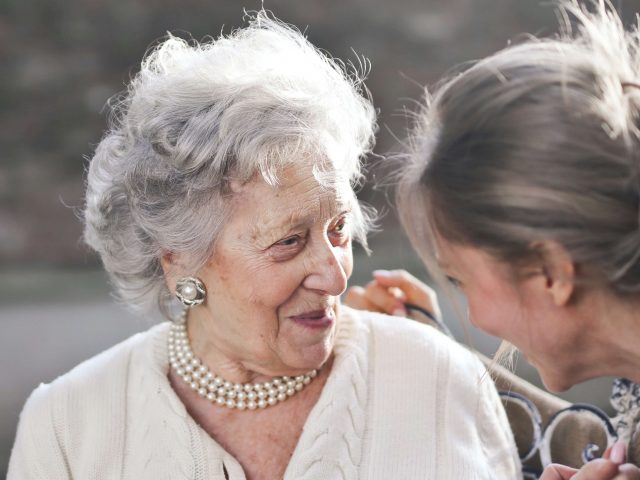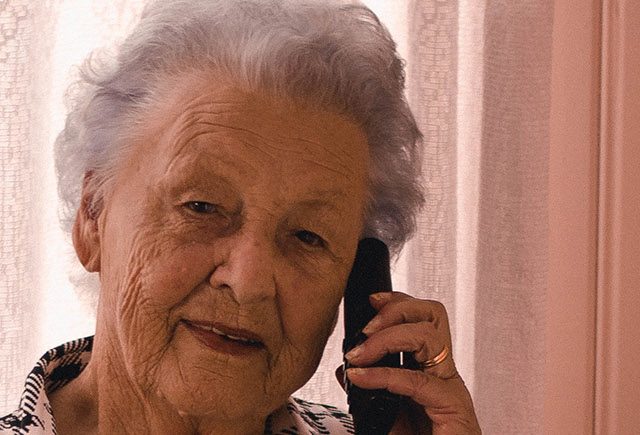Categories
How to Deal with Elderly Incontinence
Even though most people don’t enjoy talking about it, nighttime incontinence is a common issue — and it’s one that warrants a discussion. Why is it worth talking about? Because there are a lot of good strategies out there to handle nighttime elderly incontinence. Incontinence strategies that can reduce the severity of leaks and make clean up easier.
At By Your Side, our caregivers have years of experience providing the services that our clients need, including elderly incontinence care. These are our expert strategies, developed over decades of serving patients, that can you can use today to help deal with this issue.

6 Strategies to Deal with Nighttime Incontinence
Whether you’re caring for your loved ones who have incontinence or are even looking at strategies for yourself, these tactics can work on their own or even better together. When learning how to deal with elderly incontinence, these tips can be a good resource.
In-Home Caregivers with Experience in Nighttime Incontinence
The skilled caregivers of By Your Side Home Care have experience dealing with nighttime incontinence and the medical conditions that can contribute to it. Whether you or a loved one needs help with toileting or simply with washing their mattress pads, our caregivers do it all.
Even a few hours a week with a skilled and compassionate in-home caregiver can make life easier and more fun! Wondering whether you or a loved one needs in-home care? Take our quiz and find out!
If you want to have a conversation about incontinence care and all of you or your loved ones’ needs, contact us now!
1. Talk to a Urologist

Remember, bladder incontinence is a medical issue. The FIRST thing you should do when dealing with incontinence is talk to your urologist. Firstly, a specialist can provide you insight into the unique health factors surrounding your bladder. Beyond that, he or she can rule out that your bladder incontinence isn’t a warning sign of a lager medical issue. For example, incontinence can be a sign of urinary stones — as well as neurological conditions, like a stroke.
Bottom line: talk with your doctor as your first step.
2. Avoid Bladder Irritants
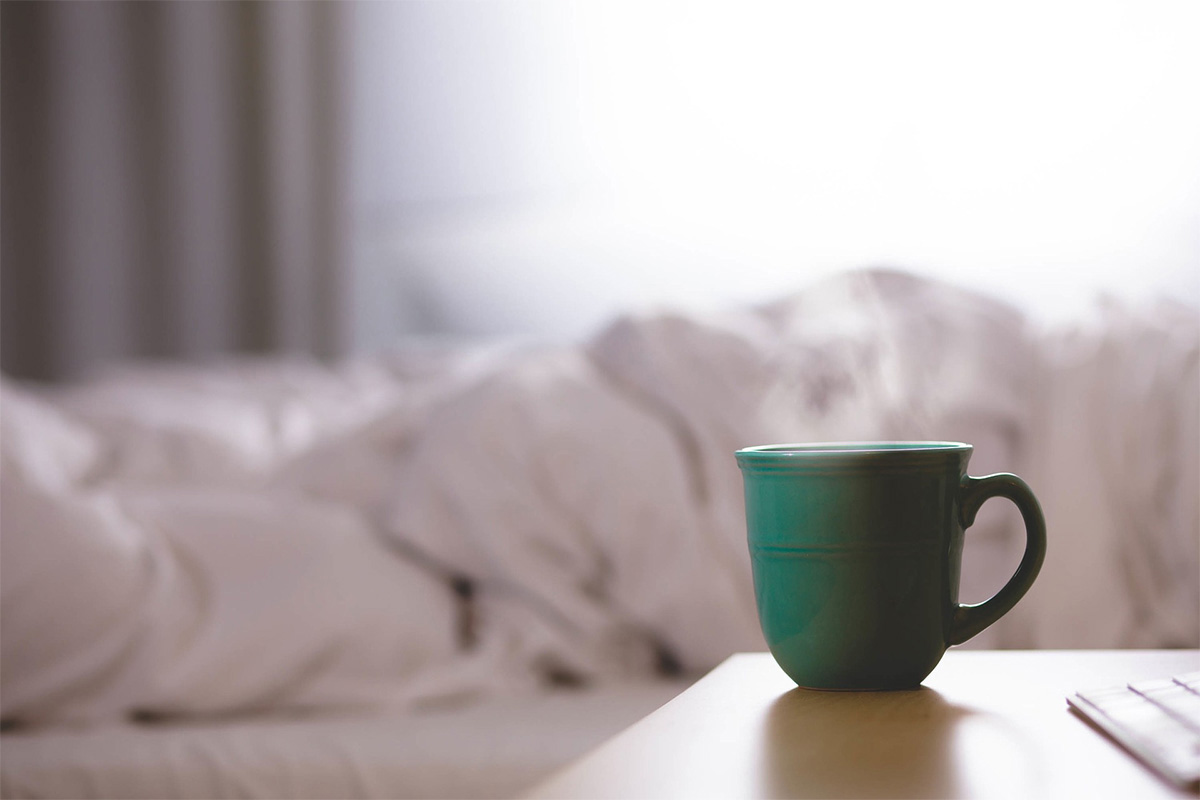
One of the most consistent things you can do to limit the severity of the issue is to avoid the types of drinks that irritate your bladder. You might have noticed that caffeine and alcohol make it worse — that’s not a coincidence. Here are the most common bladder irritating drinks to avoid:
- Alcohol
- Caffeine
- Drinks with artificial sweeteners
- Acidic drinks like orange juice or grapefruit juice
- Carbonated drinks
- Tomato-based drinks
3. Timed Voiding
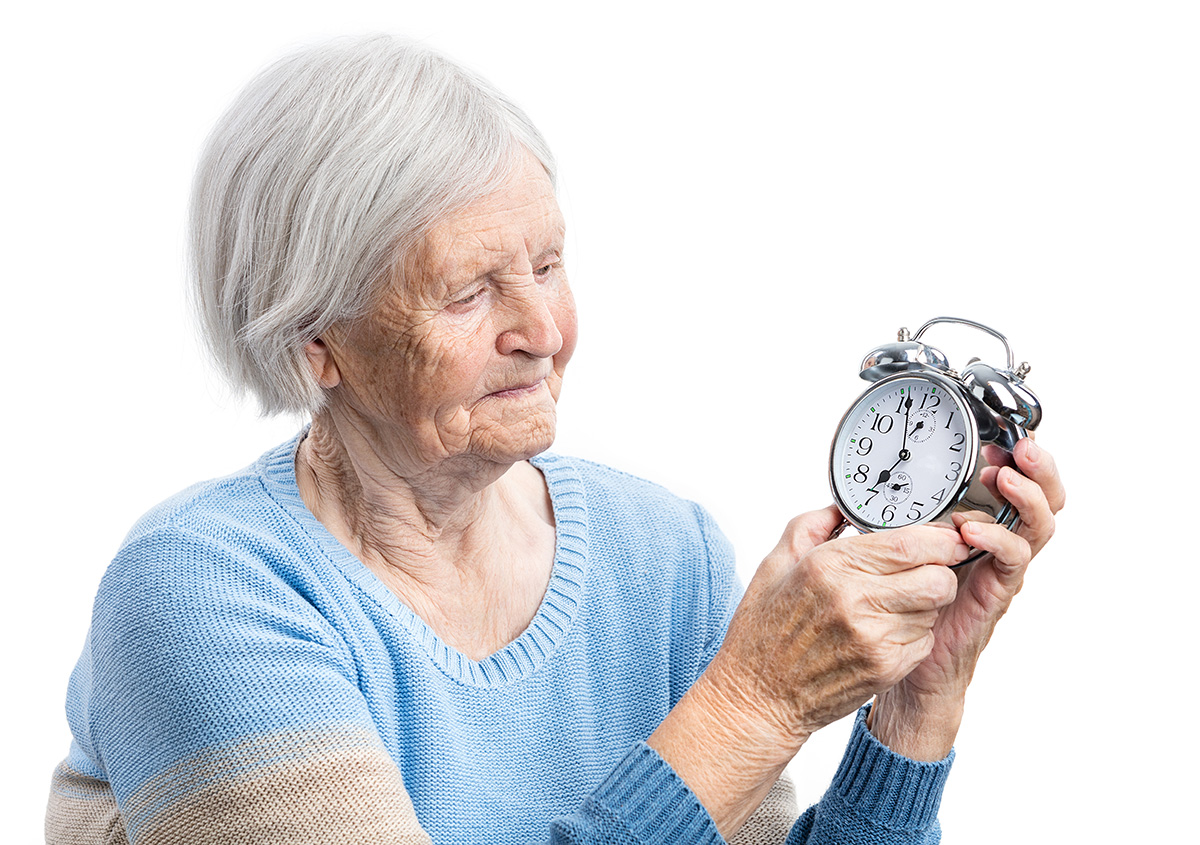
This strategy to deal with nighttime incontinence involves progressively increasing the intervals between how often you urinate. Essentially, you’re training your bladder like any other part of your body.
You do this by emptying your bladder on a schedule and gradually increasing the time between voiding. While this can take about 3 months to show results, it is a way you or a loved one can deal with incontinence.
4. Drink Enough Water

This might sound counter-intuitive, but not drinking enough water can also aggravate your nighttime incontinence. This occurs because concentrated, dehydrated urine is actually more irritating to your bladder than well hydrated urine.
The key to managing this condition isn’t depriving yourself of liquids altogether but drinking a healthy amount of the right liquids.
5. Pelvic Muscle Training
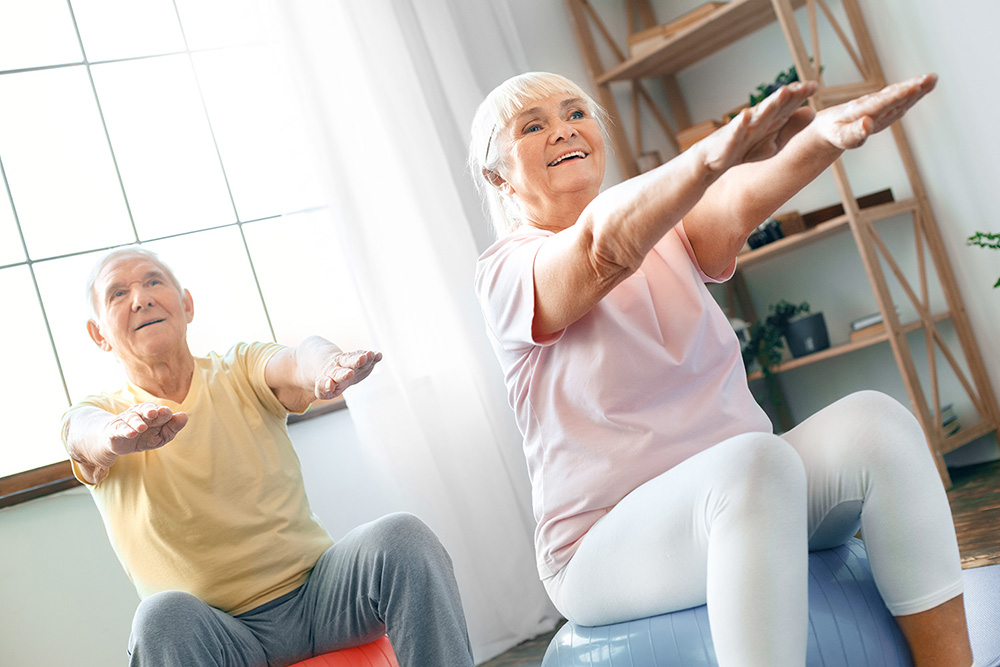
One of the main physiological reasons for elderly bladder issues is weak pelvic floor muscles. Like any other muscle, you can make them stronger with exercise. Kegels exercises are the primary way to strengthen those pelvic floor muscles. Plus, Kegels are an option for both men and women wondering how to deal with incontinence.
Talk to your urologist about ways to make your Kegel exercises more effective at curbing incontinence.
6. Use the Products that Make You Comfortable and Reduce Stress
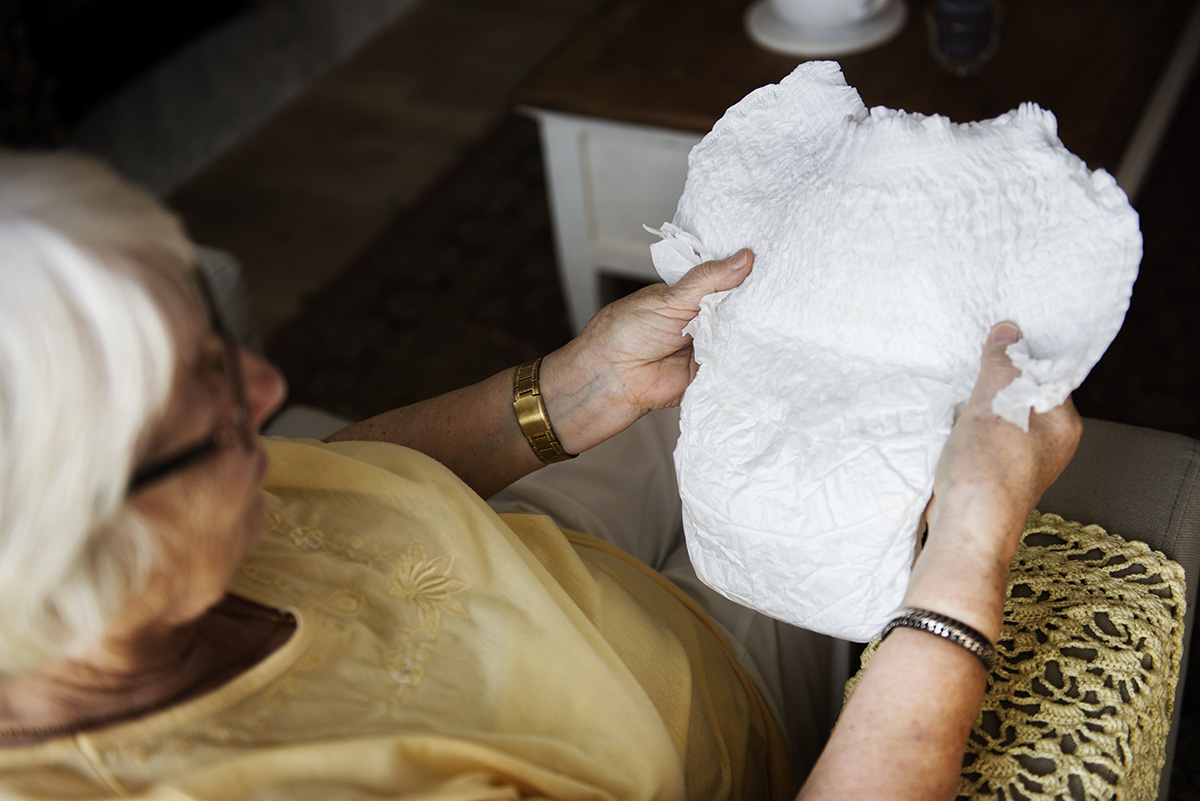
Since incontinence is more in the open than ever before, companies are creating excellent products to absorb urine from nighttime incontinence. Comfort is key, so use whatever pad makes you most COMFORTABLE. Whether that’s a reusable mattress pad so you don’t have to sleep constrained, or disposable briefs. There are so many good products on the market – the key is finding the right ones for you.
In-Home Caregivers with Experience in Nighttime Incontinence
The skilled caregivers of By Your Side Home Care have experience dealing with nighttime incontinence and the medical conditions that can contribute to it. Whether you or a loved one needs help with toileting or simply with washing their mattress pads, our caregivers do it all.
Even a few hours a week with a skilled and compassionate in-home caregiver can make life easier and more fun! Wondering whether you or a loved one needs in-home care? Take our quiz and find out!
If you want to have a conversation about incontinence care and all of you or your loved ones’ needs, contact us now!

